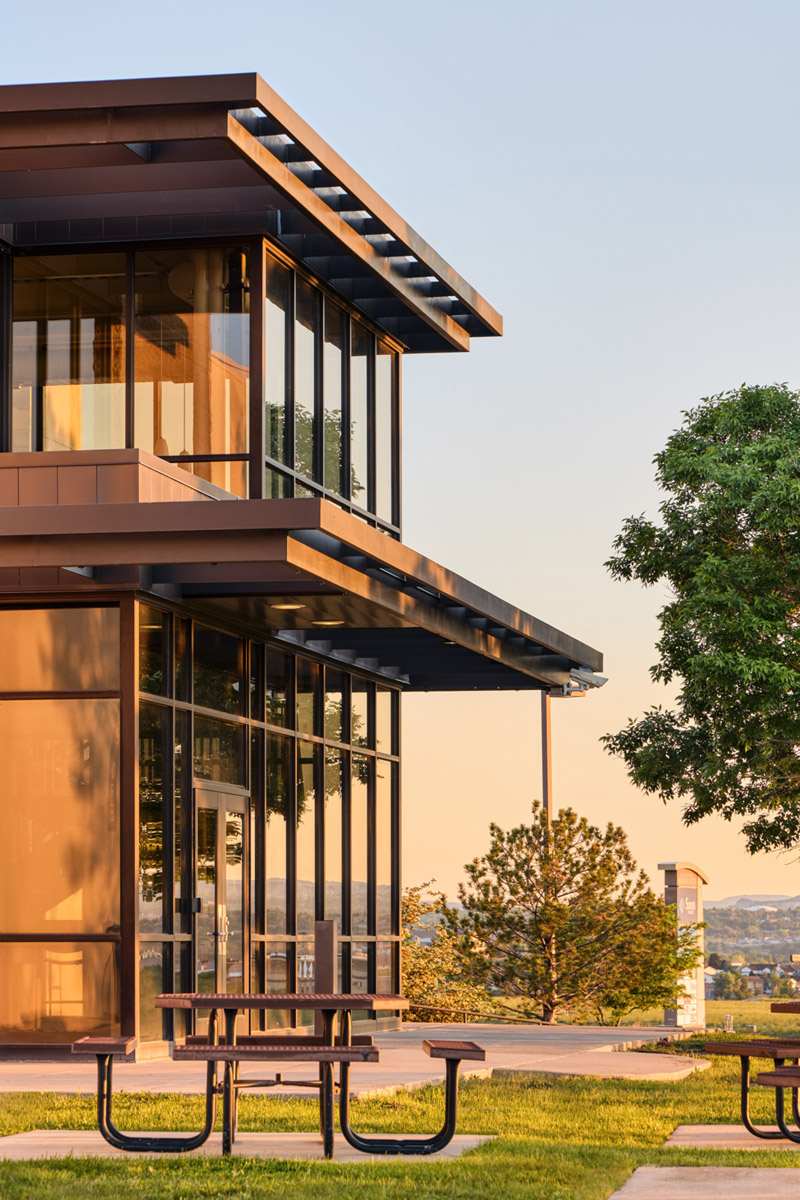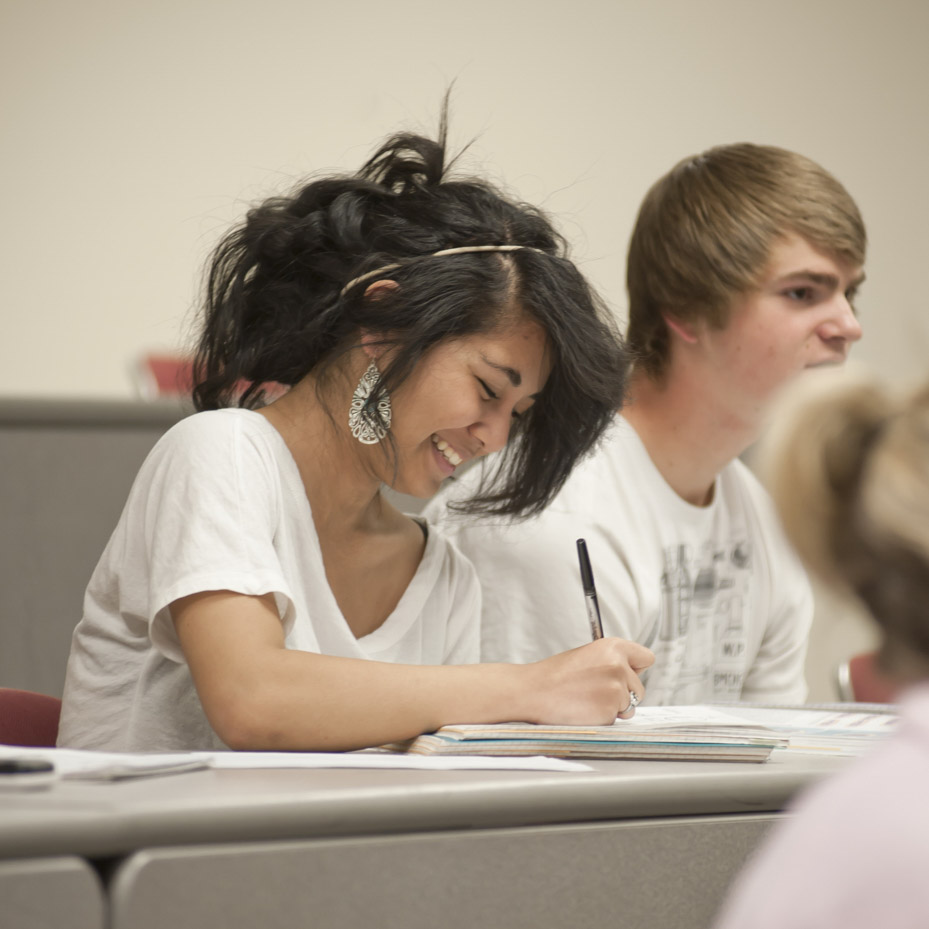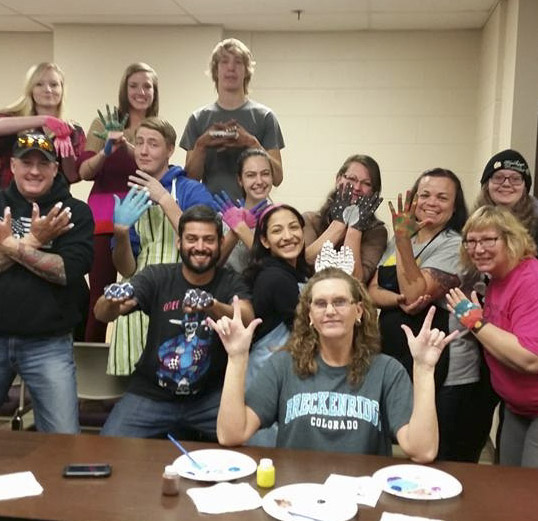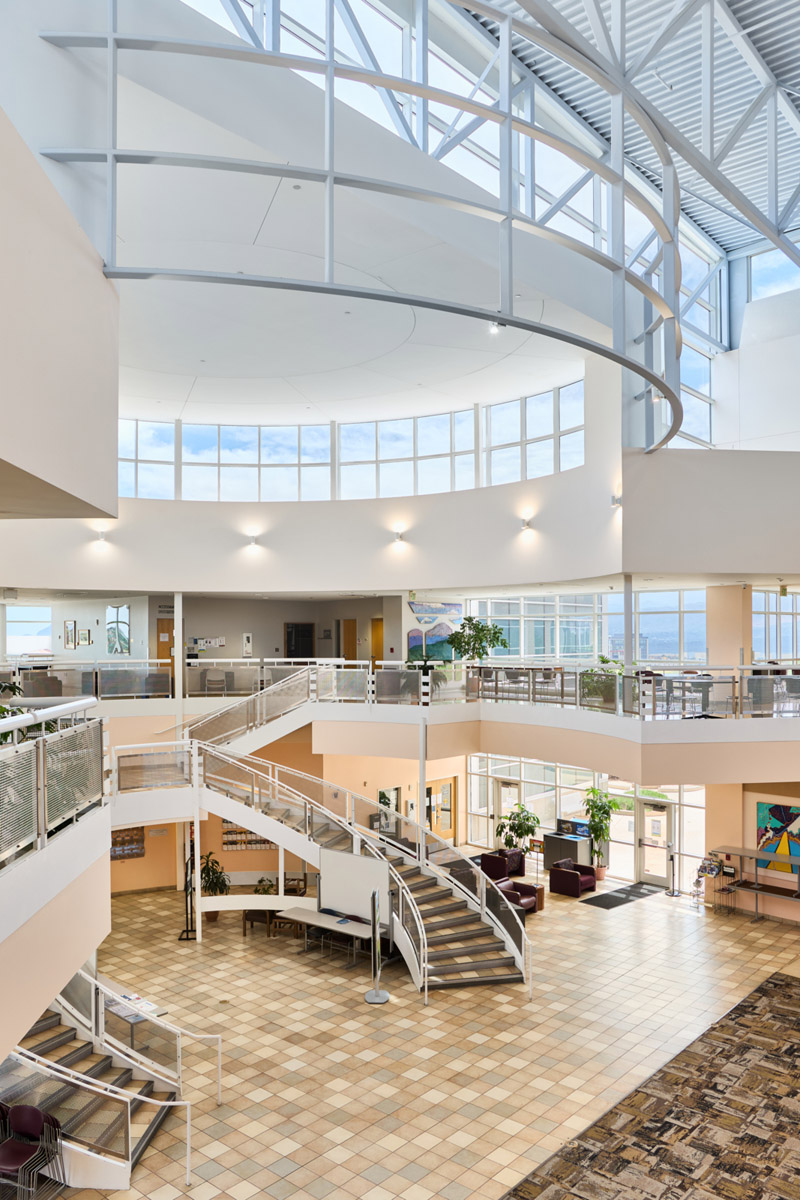Students Advocating For Change
In 2021, the second-largest number of students in Pikes Peak State College's history voted to permanently fund the Green Campus Fee, which supports the Office of Sustainability and Coordinator of Sustainability.
What is sustainability?
Why learn about sustainability?
Our Mission:
Our Funding:
Our services:


Here is a list of programs that have economic, social, and environmental dimensions of sustainability integrated into their curriculum. Visit with a academic advisor to learn more about these programs.
Associate of Arts (A.A.) in Environmental Studies
Associate of Science (A.S.) in Environmental Science (in development)
Associates of Arts Degree (A.A.) in Geography
Associates of Science Degree (A.S.) in Geology
Associates of Applied Science (A.A.S.) in Outdoor Leadership and Recreation Technology
Associate of Applied Science (A.A.S.) in Water Environmental Technology
Associate of Applied Science (A.A.S.) in Zoo Keeping Technology
Since 2010, Pikes Peak State College is integrating sustainability concepts and practices into all courses that prepare transfer students to meet the general education requirements at the University of Colorado-Colorado Springs (UCCS).


The Office of Sustainability plans events to encourage students to adopt sustainable lifestyle habits. For more information about these events, visit PPSC's events calendar.
The Sustainability Club is a student organization with the purpose of bringing awareness, advocacy, and education about sustainability issues and lifestyle habits. Students can grow your network, develop emerging skills, adopt sustainable habits, and participate in real-world projects. You are welcome to participate in the Club’s activities when you have time. Send us email to join the club.
We recognize that the support of our community partners is critical to maximizing the impact of our sustainability efforts.
Fountain Creek Watershed, Flood Control, and Greenway District
The Office of Sustainability participates the watershed-wide litter cleanup in Colorado called Creek Week Cleanup and Great American Cleanup. Also, we serve on the planning committee to grow the impact of the event each year.
Pikes Peak Children's Water Festival
Pikes Peak State College hosts the annual event that gives over 800 District 11 4th graders a chance to learn about water, wildlife, and pollution in a fun, hands-on setting. The Office of Sustainability coordinates volunteers and campus resources.
Pikes Peak Leaders in Sustainability
The Coordinator of Sustainability joins sustainability leaders from local cities, non-profit organizations, and colleges and universities to share our work and collaborate on projects.
Pikes Peak State College is committed to reducing the supplies needed for operation and diverting waste from the landfill and into a production stream.
The State of Colorado banned the purchase of single-use bottle water using state funds. As a result, PPSC employees are not allowed to purchase this product for any official functions.
PPSC generates a small amount of pre-consumer food waste from our cafes, Culinary Arts Program, and the Child Development Centers. The Office of Sustainability is researching small-scale composting systems to trial at the Centennial Campus. They plan on using the compost for amending the soil in the courtyard gardens.
